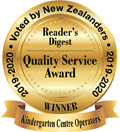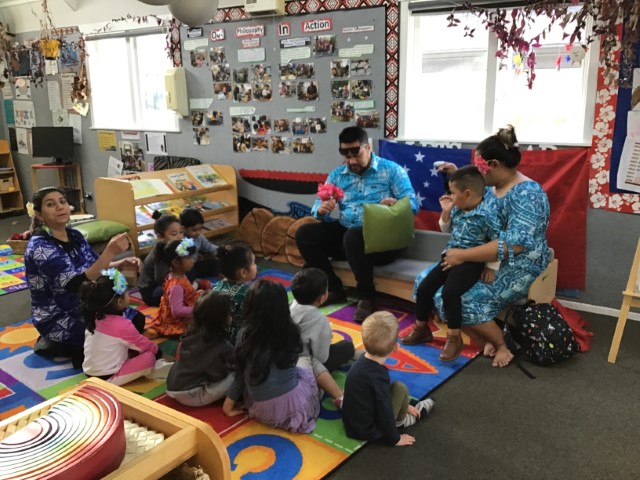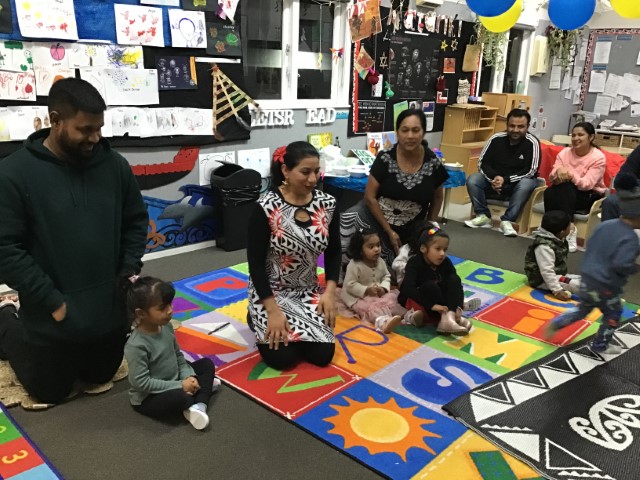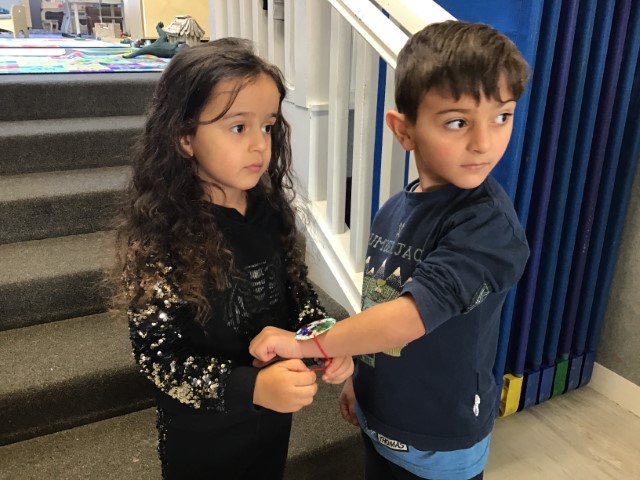LATEST STORIES
Nurturing Our Heritage: Celebrating Cultural Identity
Here at BestStart Papatoetoe, we acknowledge all diverse cultures through celebrating everybody’s culture at the centre. Our whanau, tamariki, and teachers have built a great relationship where they join hands with each other in celebrating each other's cultures by doing activities, cooking, music and movement, creative artwork, telling stories, and sharing their ideas and giving feedback. Thus Children’s cultural values, language, customs, and traditions from home are affirmed so that they can participate successfully in the ECE setting and in their community.
Samoan Language Week was a great success our parents brought in costumes, and some Samoan artifacts, did some Samoan dance and singing with the children, and also practiced speaking some basic Samoan words and telling some stories of the Island. Children’s learning and development are enhanced when culturally appropriate ways of communicating are used and when parents, whānau, and the community are encouraged to participate in and contribute to the curriculum. They brought in the Samoan flag and children had turns flying and walking with it. Children’s learning and development are enhanced when there are connections across the settings in their lives, including their homes. Fostering culturally and linguistically appropriate ways of communicating with whānau, parents, extended family, and community is an important feature of this connectivity.
Matariki Was also a big celebration where we invited our whanau for the “Soup Night”. Parents came in big numbers and participated in music and movement with poi dance and raku sticks. Taking the perspective of the raku sticks the Indian parents used the same raku sticks to do dandia where they danced round and round with the sticks and tapped on to others sticks in partners. They also did some artwork where they showed their creativity by drawing stars, koru designs, and kites with their tamariki. Children are more likely to feel at home if they regularly see their own culture, language, and worldviews valued in the ECE setting.
It is therefore important that whānau feel welcome and able to participate in the day-to-day curriculum and in curriculum decision-making. Our whanau and parents all discussed and related the concept of celebrating the Matariki in their own cultural beliefs too. In Hindu cultures, they also shared that they have gods of everything who take care of the planet. In Holi festival, they also share their harvest and celebrate with others so similar to Matariki. They loved having the Soup for Dinner. All children are given the opportunity to develop knowledge and understanding of the cultural heritage of the partners to Te Tiriti o Waitangi | Treaty of Waitangi.
The integration of kaupapa Māori concepts (Māori values and philosophy) and te reo Māori (Māori language) supports cultural, linguistic, social, and environmental diversity
Cook Island Week was also celebrated where whanau had dressed their children in the Island theme. We all learned some basic words, The Island's way of life, Their food, and music and movement. Children made hats out of paper and leaves to put around their heads. We value all children and build on the knowledge and experiences that children bring with them to the setting. This involves the special events celebrated by families, whānau, and local and cultural communities.
Raksha Bandhan was also observed at the centre where children learned about the friendship band (Brotherly and sisterly love). Through these celebrations, children come to know each other's cultures and have respect for each other. This festival revives and acknowledges that the brothers will be there to help their sisters in difficult times. In the centre all the boys and girls are showing their love by helping each other and giving the love of brother and sister.





